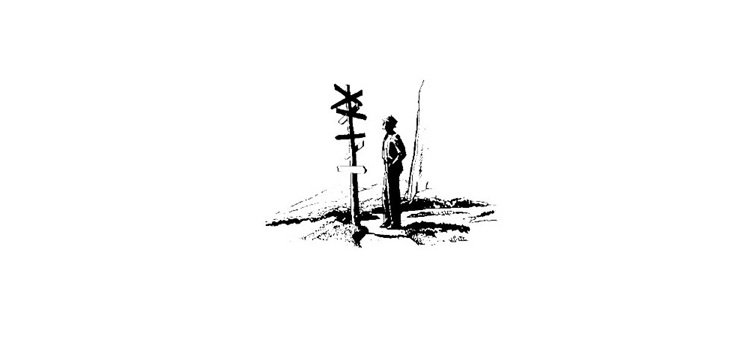Working The AA Program

By John L.
Several years ago, at a meeting of the Boston Crossroads group, a speaker said: “Alcoholics Anonymous is a fellowship — of people working their individual programs.”
This got me thinking. There can be “My Program” as well as “Your Program” and any number of other programs. But what about “The Program”, which we hear often enough at AA meetings. From a bit of questioning I’ve found that by “The Program” many members mean pretty much everything — the total AA experience. But others take “The Program” to mean specifically the 12 Steps, perhaps along with the 12 Traditions.
Alcoholics Anonymous World Services has this to say:
The relative success of the A.A. program seems to be due to the fact that an alcoholic who no longer drinks has an exceptional faculty for “reaching” and helping an uncontrolled drinker.
In simplest form, the A.A. program operates when a recovered alcoholic passes along the story of his or her own problem drinking, describes the sobriety he or she has found in A.A., and invites the newcomer to join the informal Fellowship.
The heart of the suggested program of personal recovery is contained in Twelve Steps describing the experience of the earliest members of the Society.
Accordingly, “the program” means sober alcoholics helping others to achieve and retain sobriety, with the Twelve Steps at the heart of recovery. However, the third paragraph is simply untrue. The Twelve Steps, far from being based on group experience, are a concoction of Bill W., who cribbed the ideas from the Oxford Group. AA was getting off the ground and doing well, having broken from the Oxford Group, when Bill W. came around peddling his Steps. They were not well received. But he persisted, and in time the Steps became holy dogma. The main thing here is that, on empirical grounds, the Steps are not a necessary part of recovery, since many of us have achieved long-term sobriety without them — or at least without them as written by Bill W.
The basics of my program are:
1. A day at a time I stay away from the first drink. (The 24-Hour Plan)
2. I try to help others — be a part of the Fellowship.
3. I try to be in good health: diet, exercise, no cigarettes, etc.
4. I don’t take other psycho-active drugs.
In addition there are many other things, perhaps peculiar to myself, which I believe enhance my well-being in sobriety. Early in sobriety I was diagnosed with severe hypoglycemia, which is strongly related to alcoholism. This means I need to follow a diet which eliminates sugar and sharply reduces carbohydrates. So long as I follow this diet, which I have done for about 90% of my 44 years of sobriety, I am healthy and happy. On occasions when I relapse — perhaps from an ice cream slip — the consequences are not nice: gain in weight, high blood pressure, fatigue, grogginess, and type 2 diabetes.
For exercise I go to a gym, where I do calisthenics and use the various machines and weights — and in the summer, sunbathe and swim in salt water. At home I use a rebounder, which is one of the best investments I ever made. (If you buy a rebounder, get a good one, which will cost about $300.) I make my own yogurt and kefir. About once a week, especially in cooler months, I take a sauna. In nice weather I take long walks.
I try to have an intellectual life. Much of my life is spent in libraries, and last year I published two books (early 19th century translations of Aeschylus plays, done by Percy Bysshe Shelley and his cousin, Thomas Medwin).
I play the piano. The world may be going mad, but Bach is always logical.
Such as they are, these are the main elements of my program.
Can we speak of “the program”? I think we can. It’s the part of AA that works: the 24-Hour Plan (or Program), the AA Fellowship, and the Twelve Traditions (which really are based on group experience).
The AA Preamble states:
ALCOHOLICS ANONYMOUS is a fellowship of men and women who share their experience, strength and hope with each other that they may solve their common problem and help others to recover from alcoholism. The only requirement for membership is a desire to stop drinking. There are no dues or fees for A.A. membership; we are self-supporting through our own contributions. A.A. is not allied with any sect, denomination, politics, organization or institution; does not wish to engage in any controversy; neither endorses nor opposes any causes. Our primary purpose is to stay sober and help other alcoholics to achieve sobriety.
To me the Preamble eloquently expresses the heart of AA recovery. It’s what has worked for me, and for my friends with long-term sobriety.
John L. wrote A Proposal to Eliminate the Lord’s Prayer from AA Meetings in 1976 and circulated it at AA meetings in New York City.
























